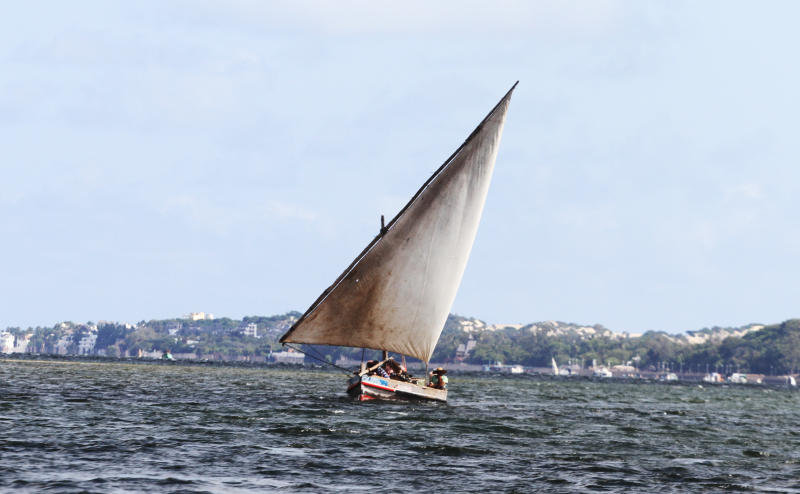×
The Standard e-Paper
Smart Minds Choose Us

Kenyan seafarers have welcomed the recent formation of the Maritime Wages Council.
They said the move marks a step towards better employment conditions for Kenyan seafarers.